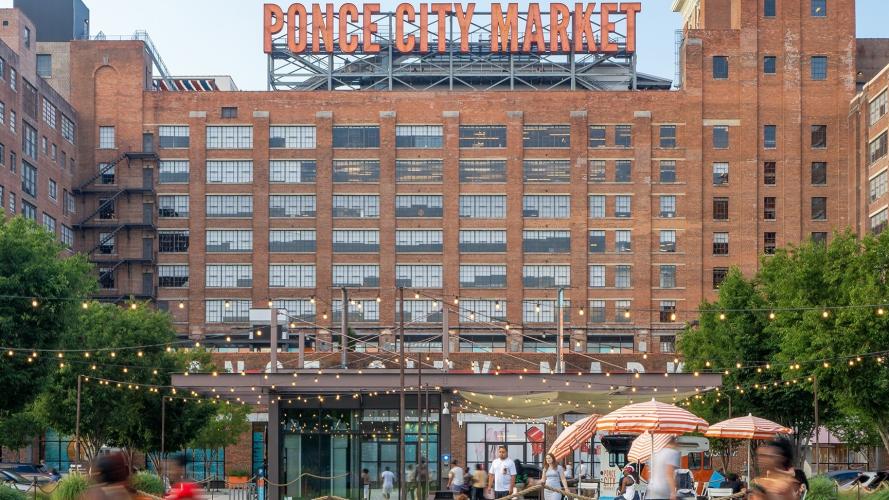Policy and Practice
Training Future Policymakers to Address Urban Inequities
The course PUBP 4211/6606 Urban Policy is a core course offering of the Center for Urban Research, examining urban policy and economic development, with a focus on how cities can utilize policy to remediate the consequences of historical racism. It examines these problems through the lens of municipal management and policy with a complex adaptive systems approach.
Two stand-out features of this course are the guest speakers and the capstone project.
Guest Speakers
The class features weekly guest speakers, all of whom have substantially contributed to addressing the issues discussed. Past speakers have included former mayors and city councilors, as well as non-profit executives and community organizers.
Capstone Project
The capstone project is a semester-long project in which you apply the skills learned in class to develop a strategy to close racial equity gaps and improve the long-term health of an assigned Atlanta neighborhood. These capstone projects are especially important, as they have real potential to be seen and implemented by the relevant stakeholders.
For some examples of past capstone projects, visit to the Student Projects page.
Course Goals and Learning Outcomes
After the completion of this course, you should be able to:
- Understand how cities generate value
- Understand how cities can address historical inequities through urban policy and planning
- Speak fluently about the "nuts and bolt" of policymaking in today's urban environment
- Effectively address urban problems and develop practical solutions
- Make effective presentations and communicate complex ideas
- Interact meaningfully with local political and non-profit leaders
Prior knowledge of these topics is helpful, but not necessary to excel in this class.
Course Materials
| Course Syllabus | |
| Lecture 1: Introduction, Overview of Goals and Themes | |
| Lecture 2: The Impulse to Urbanize and How Cities Create Value | |
| Lecture 3: The Kind of Problem the City Is | |
| Lecture 4: Emergence and the City as A Complex Adaptive System | |
| Lecture 5: Crime, Policing, and the (Mis)Diagnosis of Urban Problems | |
| Lecture 6: The Root Causes of Urban Outcomes | |
| Lecture 7: Student Presentations | |
| Lecture 8: The Role of the Built Environment in Generating Social Outcomes | |
| Lecture 9: The Physical Legacy of Racism | |
| Lecture 10: Housing Markets and the Role of Government in Making Cities Accessible | |
| Lecture 11: Student Presentations | |
| Lecture 12: Intervening to Catalyze Preferred Emergent Urban Outcomes | |
| Lecture 13: Urban Change, Gentrification and the Evolution of Cities |

